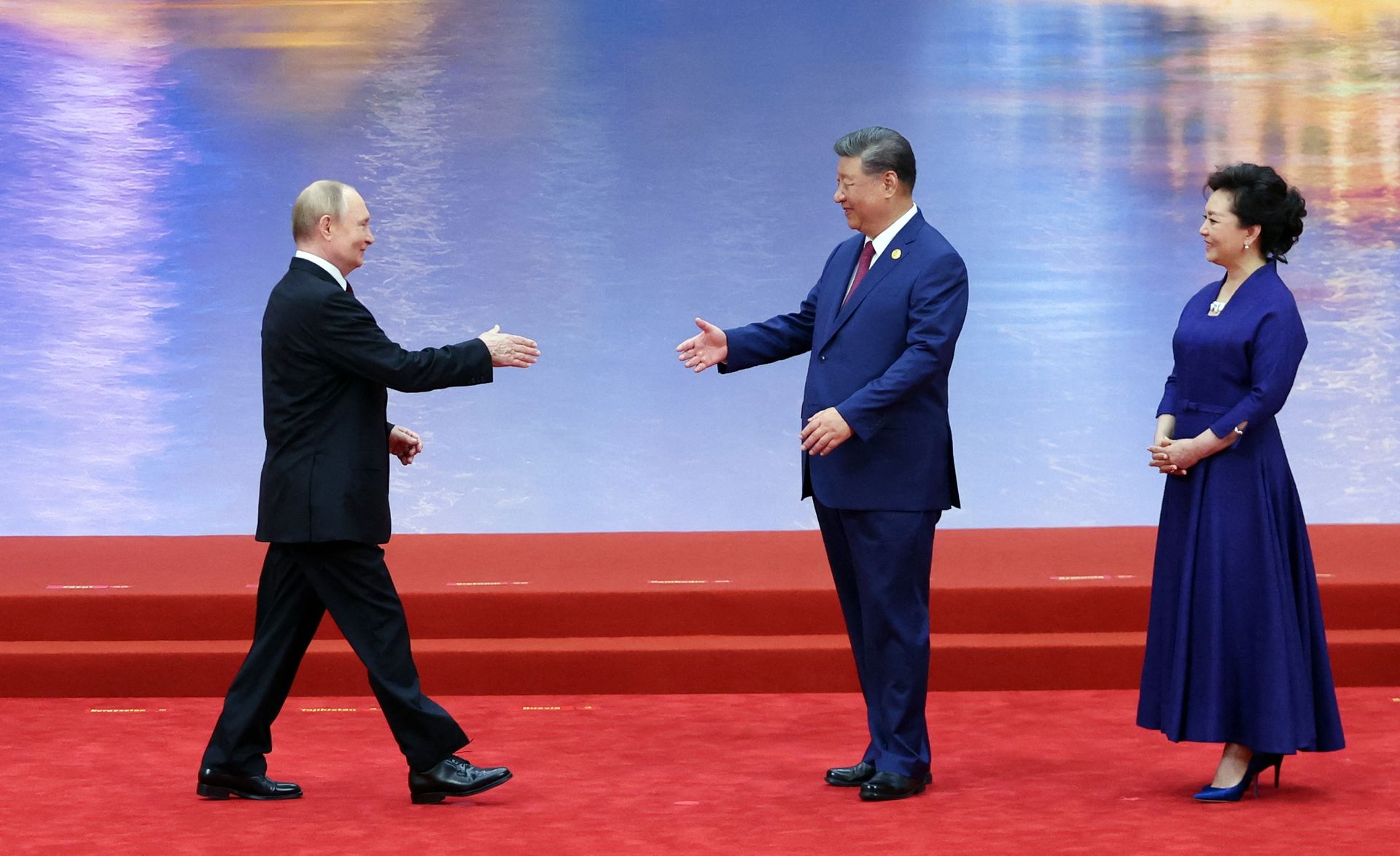Russia, China sign 'most ambitious' Power of Siberia-2 pipeline deal

Editor's note: This item has been updated with additional details.
Russia's energy giant Gazprom and China's state-owned CNPC signed a binding agreement on Sept. 2 to build the Power of Siberia-2 pipeline, set to deliver gas from Russia's Yamal fields to China via Mongolia for 30 years, Gazprom CEO Alexei Miller announced.
The deal, long delayed by Beijing's hard bargaining over prices and volumes, cements Moscow's pivot to Asia as it loses access to European energy markets. Supplies through the new route are expected to reach 50 billion cubic meters annually.
Moscow and Beijing also agreed to boost deliveries through the existing Power of Siberia line from 38 to 44 billion cubic meters per year. Miller announced the breakthrough after trilateral talks in Beijing between delegations from Russia, China, and Mongolia.
"This will be the largest, most ambitious, and most capital-intensive gas project in the world," he said.
The agreement followed Russian President Vladimir Putin's meetings with Chinese leader Xi Jinping during his visit to China, where the two countries signed more than 20 cooperation deals in energy, technology, and other sectors, Russian state news agency TASS reported.
Putin lauded the relationship between the two countries, saying they have reached an "unprecedented level."
Beijing will also introduce a visa-free regime for Russian citizens, permitting stays of up to 30 days starting Sept. 15. Previously, visa-free access was restricted to 30 days on direct flights to Hainan Island.
Negotiations over Power of Siberia-2 had stalled for years, with China reportedly demanding gas prices close to Russia's heavily subsidized domestic rates and seeking only limited volumes.
Beijing renewed interest in the pipeline following global energy instability triggered by the conflict between Israel and Iran earlier this year, according to the Wall Street Journal.
China remains a crucial economic lifeline for Russia as it continues to purchase oil and provide dual-use technology despite claiming neutrality in the war against Ukraine.
The new deal comes as U.S. President Donald Trump sought to pressure Russia's allies by threatening secondary tariffs on buyers of Russian crude. Beijing has pushed back against the warnings, saying its energy purchases from Russia are driven by "national interests."











